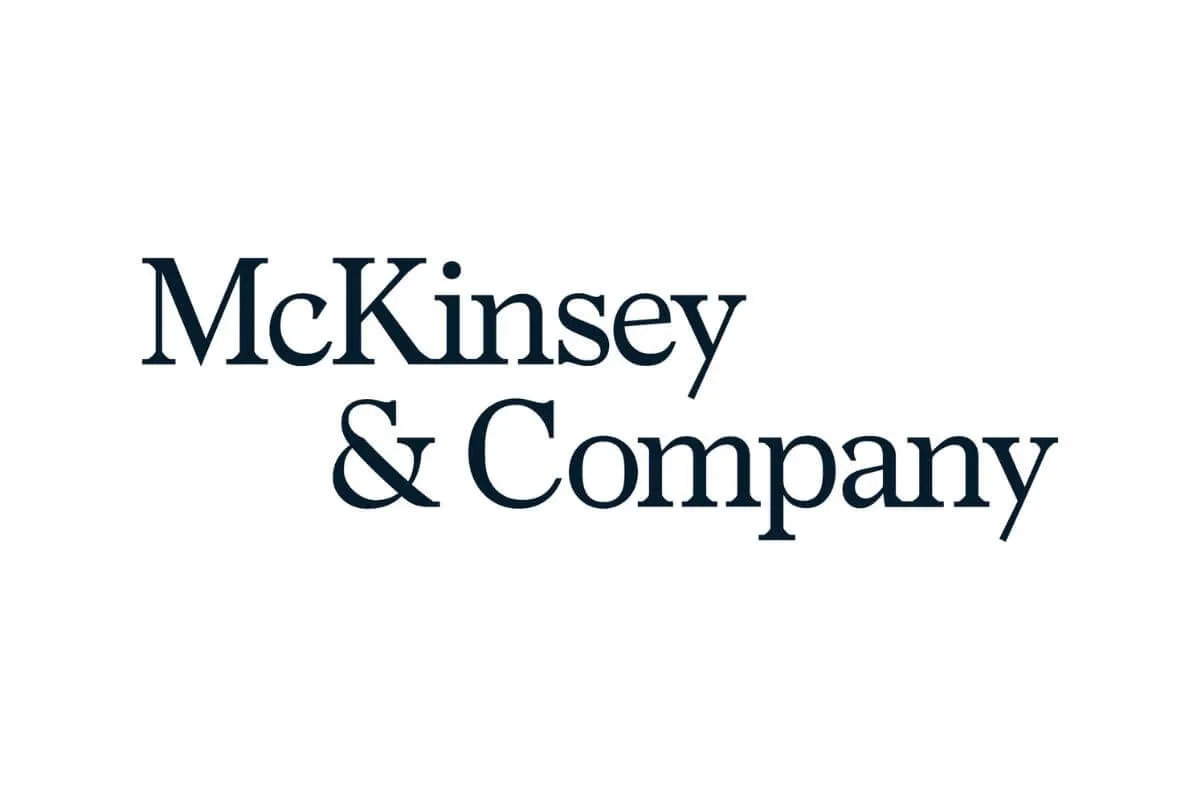
Telcos that use responsible AI frameworks can unlock new revenue streams and spur long-awaited growth, according to a recent McKinsey report titled Responsible AI: A Business Imperative for Telcos. The report highlights that telecom companies are increasingly turning to artificial intelligence (AI) as a strategic lever to compete with tech companies and drive growth.
Also Read: Telcos Have Reached a Saturation Point with Limited Monetisation Prospects?
Responsible AI (RAI)
According to McKinsey research, AI can significantly improve customer experiences, reduce operational costs, and boost revenue. However, the industry's full potential can only be realised by embedding Responsible AI (RAI) practices, which ensure ethical, transparent, and compliant AI deployments.
Responsible AI refers to the practice of deploying AI in ways that are ethical, safe, transparent, and compliant with regulations.
IoT, SaaS, OTT, and Beyond
The report notes that the telecom sector faces intense competition and mounting pressure to innovate. Many telecom companies have diversified into areas such as the Internet of Things (IoT), software as a service (SaaS), and over-the-top (OTT) video streaming. They have also expanded into adjacent industries like insurance, financial services, and healthcare to offer new B2C and B2B services. While some of these ventures have been successful, telecom companies still struggle to compete with faster, more highly capitalised technology firms.
Also Read: Ericsson Enhances Focus on AI, Gen AI and Network APIs at India R&D Centers
Generative AI's Role in Boosting EBITDA
AI, particularly generative AI (gen AI) and analytical AI, presents telecom companies with a chance to reinvent themselves. McKinsey said its research shows that gen AI could drive significant EBITDA gains for telcos, with incremental margins increasing by three to four percentage points in two years, and as much as eight to 10 percentage points in five years.
"AI gives telcos another chance to reinvent themselves. The goal is to become AI-native organisations that embed AI into every aspect of the business to help drive growth and renewal. If telcos act quickly, they can lead the way in deploying both generative AI (gen AI) to improve the customer experience and cut costs and analytical AI to optimise their back-end operations and infrastructure," McKinsey said.
Also Read: Jio Plans to Offer Subscription-Based AI Services for Small Businesses: Report
USD 250 Billion Value Globally by 2040
To demonstrate the importance of RAI, McKinsey said it conducted an analysis of 100 critical AI use cases that telcos could develop. Telcos implementing advanced RAI practices could deploy use cases that collectively capture up to USD 250 billion USD in value globally by 2040—44 percent of the total industry-wide value created by AI during that period. However, as they embrace AI, telcos must prioritise RAI to safeguard sensitive data, maintain customer trust, and ensure compliance with evolving regulations.
For example, RAI practices could help ensure a company's customer service chatbot doesn't use biased, incorrect, or sensitive language and that it never recommends a competitor’s product or service, the report said.
The report also noted that without an industry-standard framework for RAI, many telcos have adopted a reactive approach, adding governance measures only as new regulations emerge. This piecemeal strategy risks missed opportunities and hinders long-term AI success.
RAI Maturity Models and Global Standards
McKinsey noted that major governments worldwide have enacted or proposed legislation to regulate the safe and transparent use of AI, and international organisations have proposed global policies for responsible AI, though none have yet been widely adopted.
Telecom industry groups are working to define RAI maturity models specific to telcos, but progress is still in its early days. For example, the Global System for Mobile Communications Association (GSMA) recently created a tool for telcos to measure their RAI maturity.
Also Read: GSMA Launches Responsible AI Roadmap for Telecom Operators
According to McKinsey, an effective RAI strategy includes maturity models to assess AI readiness, clear governance guidelines, and best practices for deployment. Telcos that integrate RAI at every stage of AI implementation are positioned to unlock significant business value and differentiate themselves in the market.
Responsible AI Can Build Customer Trust
"By prioritising RAI, telecom operators can capture the full potential of AI for their businesses and build trust with customers, leading to new innovations and new revenues. Emphasising RAI can also help telecom companies attract and retain the best talent, fostering a culture of continuous improvement. Put simply, implementing AI responsibly makes good business sense," McKinsey concluded.















